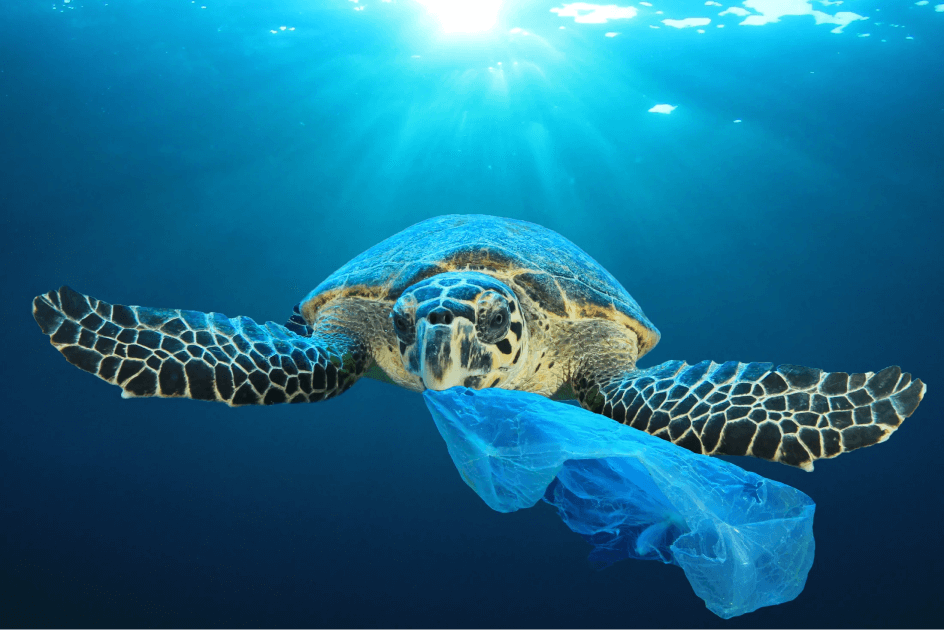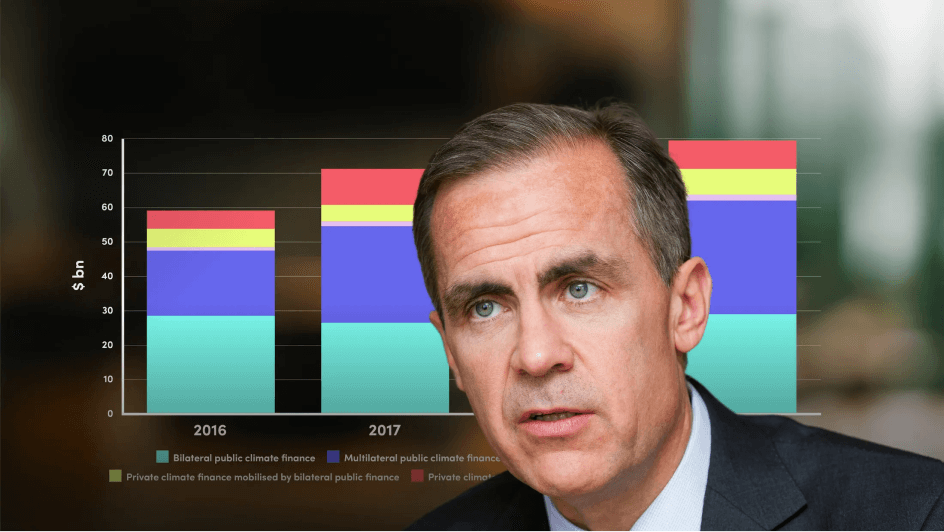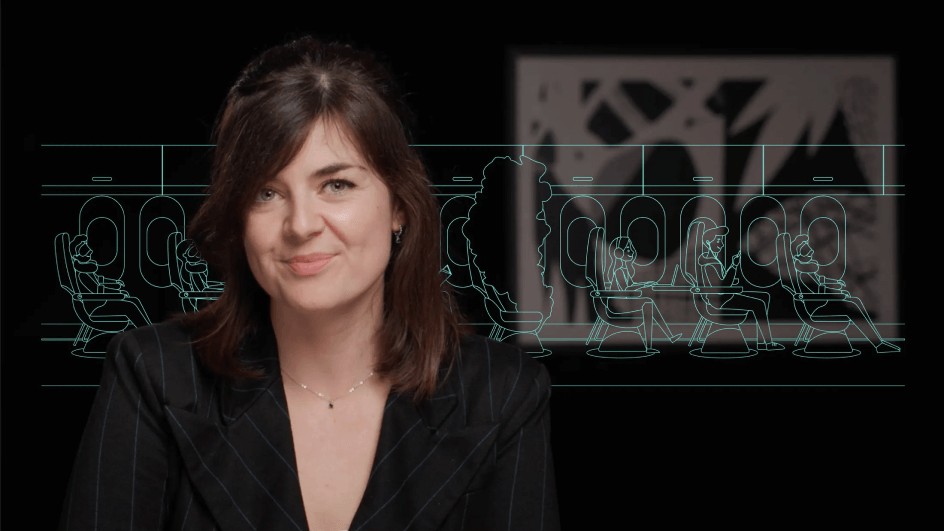.jpg?ik-sdk-version=javascript-1.0.3)
Lessons from Network for Greening the Financial System (NGFS)

Sarah Breeden
Executive Director: Bank of England
This video helps recognise how climate change creates financial risks that matter for individual firms. Sarah further outlines what the Bank of England is doing to help banks and insurers manage financial risks from climate change and also discusses the work undertaken by the Bank of England and the NGFS in modelling climate risks.
This video helps recognise how climate change creates financial risks that matter for individual firms. Sarah further outlines what the Bank of England is doing to help banks and insurers manage financial risks from climate change and also discusses the work undertaken by the Bank of England and the NGFS in modelling climate risks.
.jpg?ik-sdk-version=javascript-1.0.3)
Lessons from Network for Greening the Financial System (NGFS)
8 mins 53 secs
Key learning objectives:
Recognise that climate change creates financial risks that matter for individual firms
Outline what the Bank of England is doing to help banks and insurers manage financial risks from climate change
Discuss the work undertaken by the Bank of England and the NGFS in modelling climate risks
Overview:
Climate change creates risks that impact individual firms, but it can also jeopardise the stability of the financial system as a whole. This is why the Bank of England is helping market participants manage financial risks from climate change, announcing supervisory expectations for banks and insurers to manage these risks, and establishing the Climate Financial Risk Forum, with the aim of building expertise and sharing best practices.
What do we know from work to date?
It has always been obvious that climate change has had an impact on the environment. But market participants have only recently begun to realise that climate change creates financial risks that impact individual firms. The financial system has also realised that it has a crucial role to play in addressing these risks.
How is the Bank of England helping the financial sector manage financial risks from climate change?
In 2019 the Bank became the first supervisor in the world to set supervisory expectations for banks and insurers to manage the financial risks from climate change. These supervisory expectations ensure that firms take a strategic forward-looking approach to managing the risks.
They have also established the Climate Financial Risk Forum, which has the intention of building expertise and encouraging the sharing of best practices on what good climate risk management looks like.
The Bank of England is also helping others with their work on financing green, by channelling investment to reduce carbon emissions and through innovation.
What has the Bank of England learned from working with the NGFS?
The Bank of England, along with nearly 60 other central banks and supervisors under the macrofinancial workstream of the NGFS undertook a project to co-design climate scenarios. There were some key lessons learned in the process:
- We often talk about how much we don’t know, but this doesn’t do justice to how much work has been done.
- The cost to the economy in aggregate of getting to net zero need not be substantial
- The impacts of physical risks will be significant

Sarah Breeden
There are no available Videos from "Sarah Breeden"





















